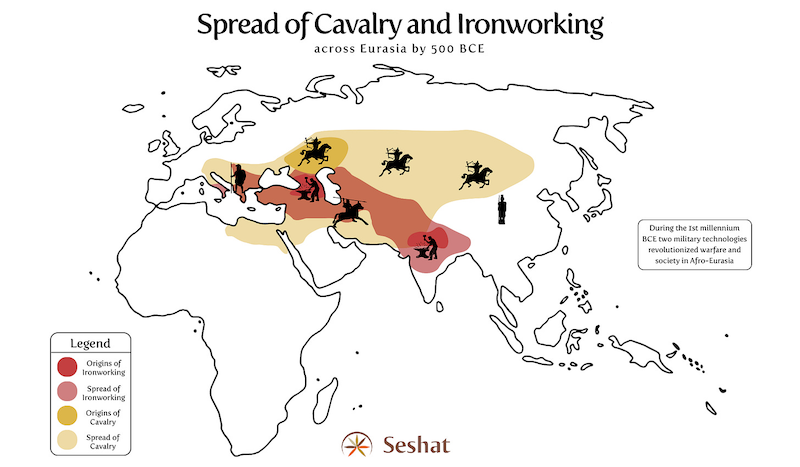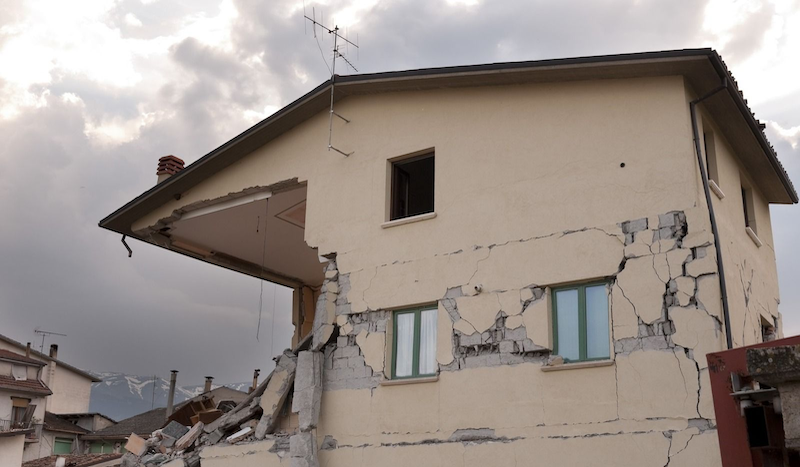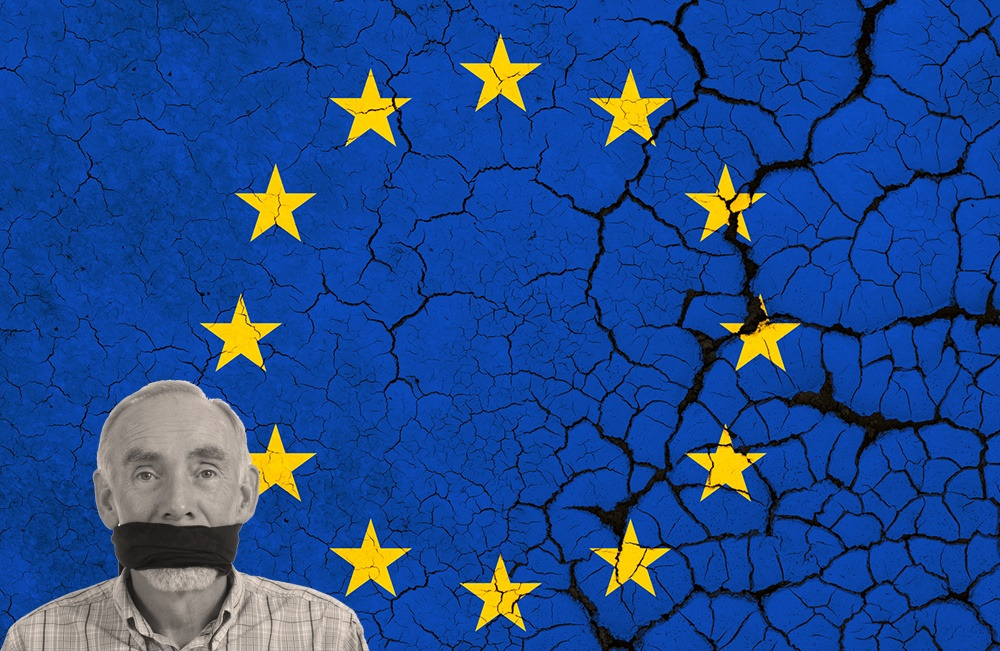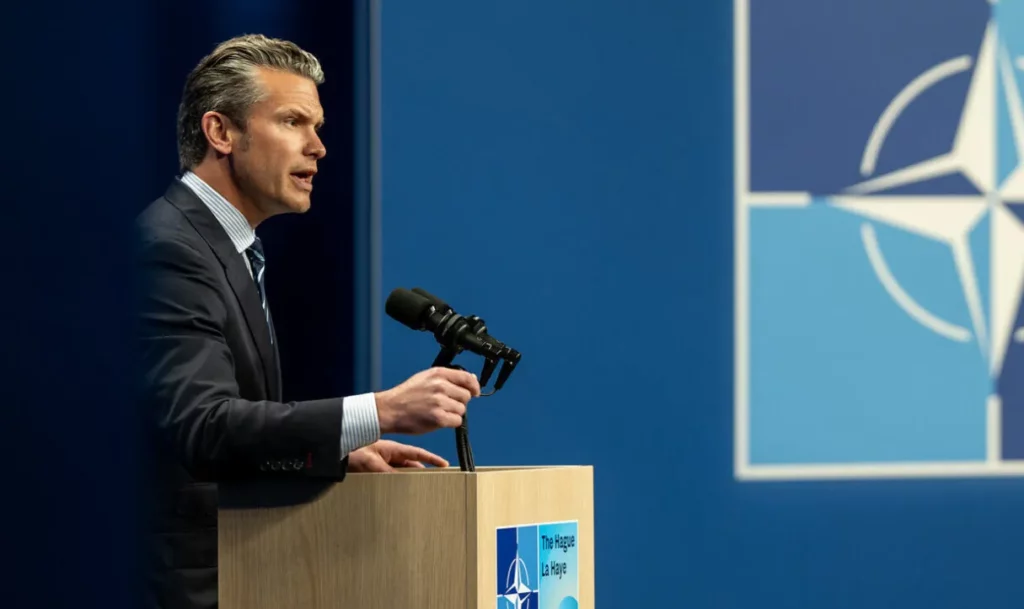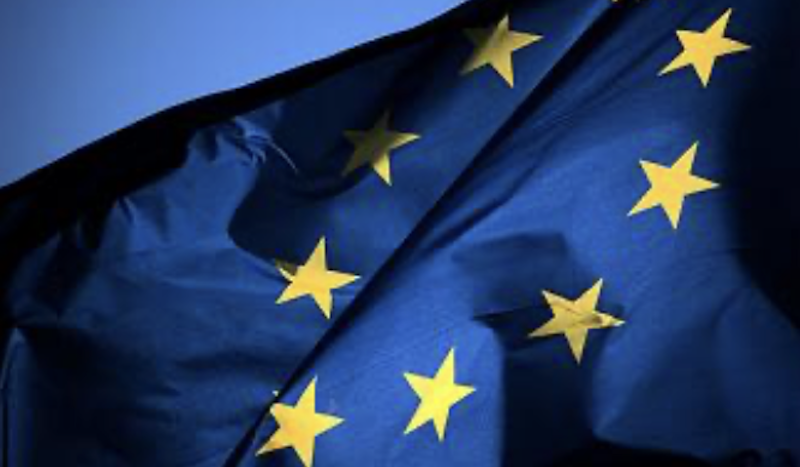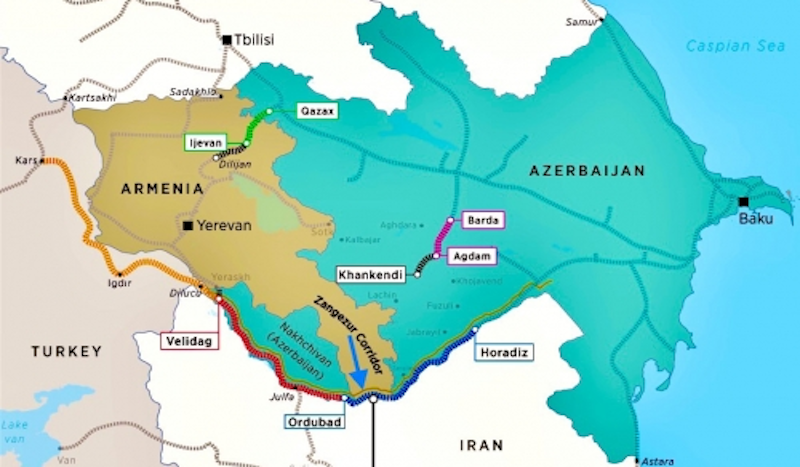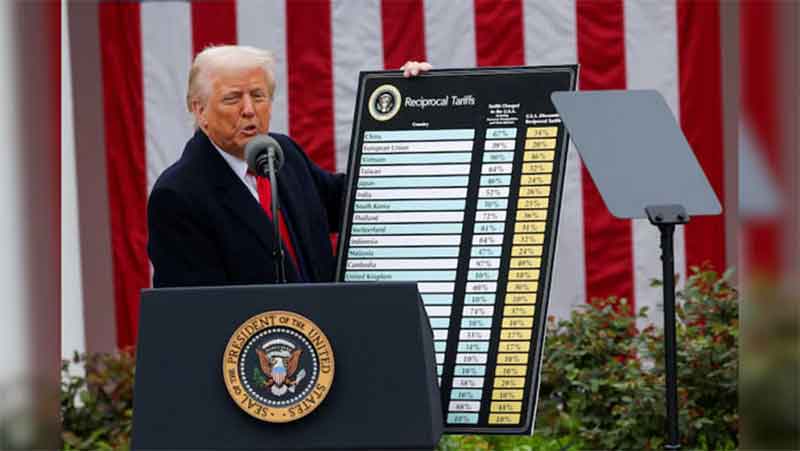EXCLUSIVE: After Fatal Car Crash, Ukrainian Tycoon Dyminskyy Secured Greek Residency and Serbian Citizenship
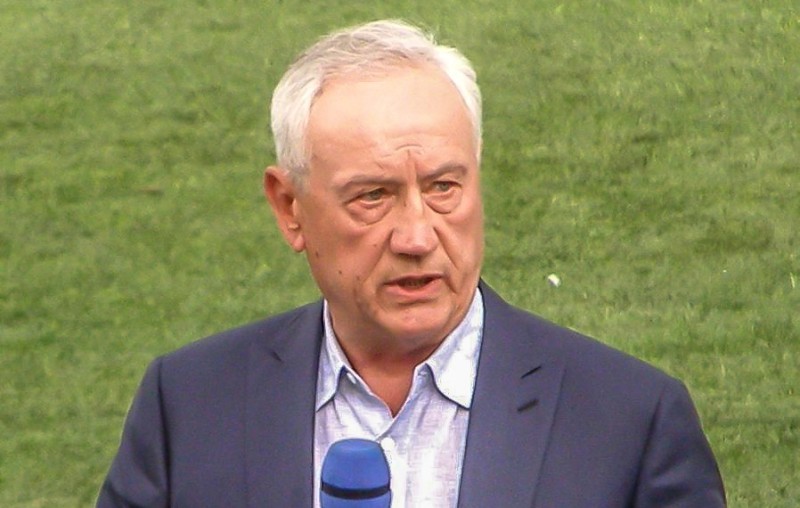
Petro Dyminskyy, who was named a suspect at the time of a fatal car collision, is still wanted by Ukrainian authorities. The investigation has been suspended while his current whereabouts remain unknown.
Eight years ago, a Mercedes Benz crashed into another car on a highway in western Ukraine, killing a 31-year-old woman. Photos captured the Ukrainian tycoon Petro Dyminskyy at the scene of the accident, though it was not confirmed if he had been the driver. Four days later, he reportedly left the country on a private jet.

